With the political changes in Sacramento, the tenant advocates are pressing their agenda with new vigor in 2013. Once again, they are pushing to amend the subdivision conversion statute (Government Code § 66427.5). They are advocating for changes which would allow local governments to deny conversions not supported by a majority of residents and which would give such governments authority to implement their own “conversion” regulations. There are even rumblings for statewide rent control for mobilehome parks.
Conversions under Section 66427.5 have been a favored exit strategy for park owners, resulting in related litigation all over the state. Recent decisions applying Section 66427.5 have been a "mixed bag." The decision in Sequoia Park Associates in 2009 was the “high water mark” for limiting the interference of local governments in conversions since the Ordinance was amended in 2002 to add the requirement that tenants be surveyed regarding their support. Based on that decision, many local governments and lower courts have approved conversions despite resident opposition. Subsequent reported decisions by different appellate courts have chipped away at and offered different interpretations of Section 66427.5. The 2010 decision in Colony Cove v. Carson held that local governments could "consider" the resident survey results, but the Court did not provide any guidance as to how local governments could consider or use the surveys. The Court did acknowledge, however, the lack of resident support in and of itself could not block a conversion.
The worst decision for park owners, Goldstone v. County of Santa Cruz, was decided in early 2012. Goldstone held local governments could deny subdivisions if the subdivision was not supported by a majority of residents. Although not explicit, the Court seemed to adopt the view that a "bona fide" or “non-sham” conversion is, by definition, one supported by a majority or at least a large percentage of tenants. Chino MHC v. City Of Chino, decided in late October 2012, took a decidedly more pro-park owner view, concluding that a local government was required to approve a subdivision unless there was overwhelming opposition by the tenants. The Court also made clear its view that a bona fide conversion was one in which the park owner truly intended to convert it to tenant ownership. Unfortunately, the Chino decision still encourages tenants to attempt to block subdivisions or extort favorable terms in exchange for support for the conversion.
Late last year, the California Supreme Court issued a decision directly relevant to conversions in coastal zones, Pacific Palisades Bowl v. Los Angeles. The Court in that case held that local governments did have some authority to review conversions for compliance with the Coastal Act requirements (and other state laws). The ultimate impact of this holding is not entirely clear, but it makes clear that local governments can impose conditions relating to the replacement of affordable housing in a coastal zone.
Under the existing statute which has been relatively favorable to park owners, there still has been substantial resistance to subdivisions in many local communities, in some cases, even where no rent control exists. The processing of a subdivision for Pacific Mobile Home Park in Huntington Beach is a good example.
Articles.000/4819-2353-3075v.1
Pacific initiated a subdivision in 2010 with the support of a majority of the residents in the Park. The City fought Pacific’s subdivision Application. Pacific had to file a lawsuit after the City denied the Application. The City not only aggressively defended the lawsuit, but attempted to extort a favorable result by filing a cross-complaint seeking immediate physical removal of homes owned by park tenants who the City claimed were “trespassing” on an unused City right of way for decades.
The City’s denial of the subdivision Application was reversed in July 2012, which resulted in the City approving the subdivision in November, 2012. However, on December 3, 2012, the newly elected City Council voted to rescind the approval. Pacific then obtained a court order invalidating the vote and barring reconsideration of the subdivision Application by the City. That court order still did not stop the City two weeks later from voting to confirm their illegal December 3 vote. This did not sit well with the Judge who issued the order. The Court granted Pacific’s Application to set a trial for Contempt of Court for 6 of the 7 Council Members and the City Attorney. Finally, with the threat of a criminal trial hanging over their head, the City Council abandoned its challenge of the subdivision.
If Section 66427.5 is amended, which seems likely given the current political environment, then park owners can count on more local opposition to subdivision. The sad reality is that while local politicians often talk about how important affordable housing is to them, they often really do not want to see mobilehome park uses become permanent, particularly in coastal or other “upscale” locations.
If the door to subdivisions is closed, the final path of escape for park owners trapped in confiscatory rent control is closure. The U.S. Supreme Court has made clear that governments cannot stop closures in Yee v. Escondido. Yee recognizes that the right to go out of business is one of the crucial “sticks” in the “bundle of property rights.” Of course, the crucial issues become the cost of closure and the viability of alternative uses. Government Code 65863.7 limits payments to tenants to the “reasonable cost of relocation.” The common sense interpretation of “reasonable cost of relocation” limitation means the cost of physically moving a mobilehome and the tenant’s belongings. Certain local governments have adopted requirements that exceed this limitation, but we do not have any appellate decisions directly addressing the question. If conversions are made more difficult, it is likely we will get binding authority, hopefully confirming a “common sense” interpretation of Section 65863.7. We can count on the courts for common sense, right?
 Mark Alpert is a partner with Orange County law firm, Hart, King & Coldren. He focuses much of his practice on manufactured housing issues, and has a particular expertise in rent control, subdivision conversions and park closures. Mark can be reached at (714) 432-8700 or at malpert@hkclaw.com.
Mark Alpert is a partner with Orange County law firm, Hart, King & Coldren. He focuses much of his practice on manufactured housing issues, and has a particular expertise in rent control, subdivision conversions and park closures. Mark can be reached at (714) 432-8700 or at malpert@hkclaw.com.



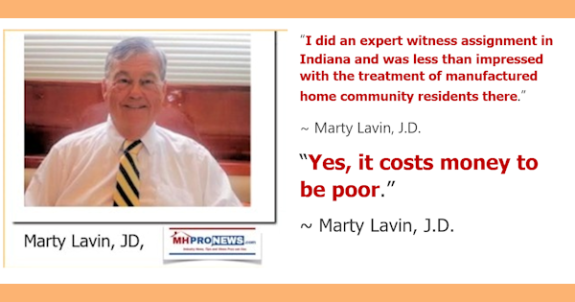
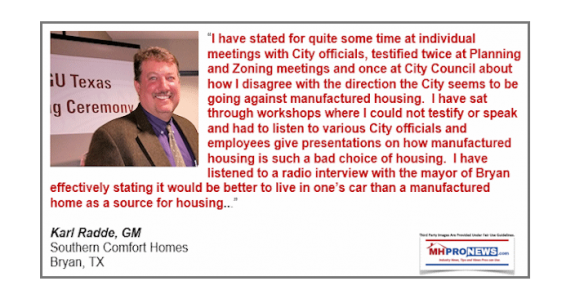
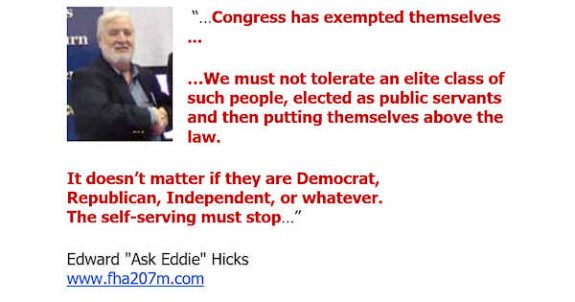
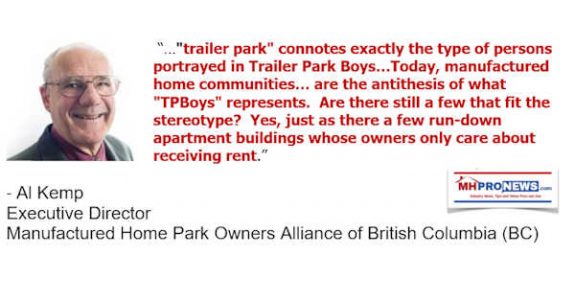
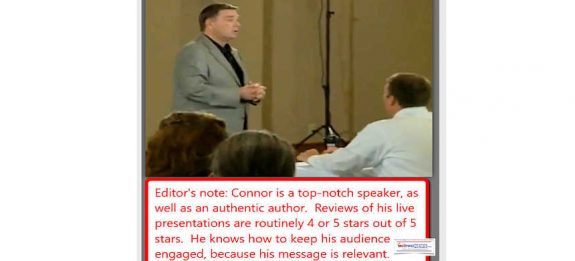
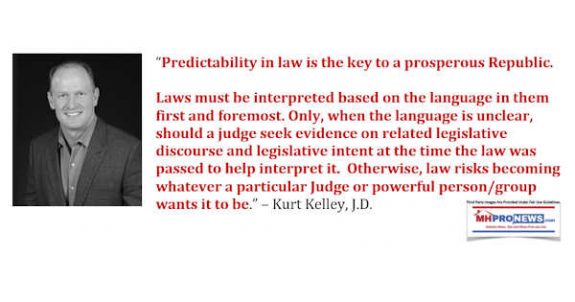
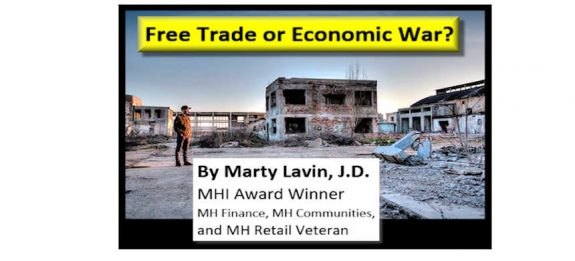
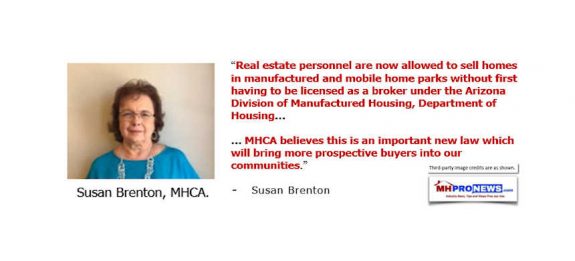
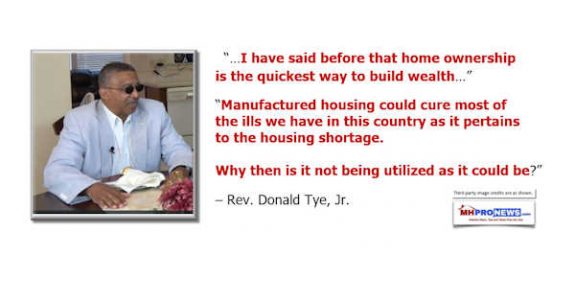
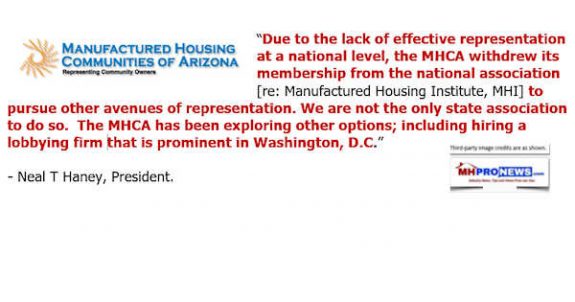

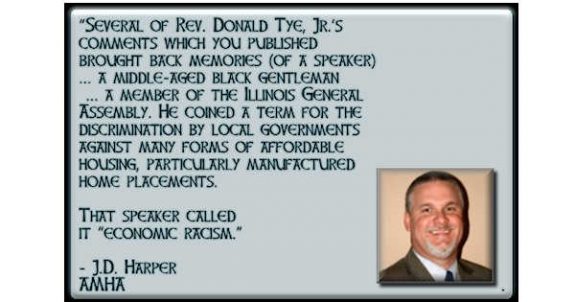
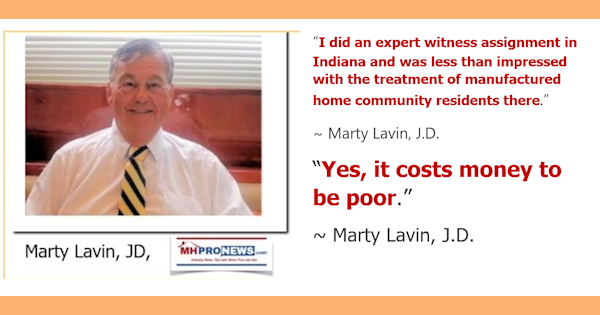
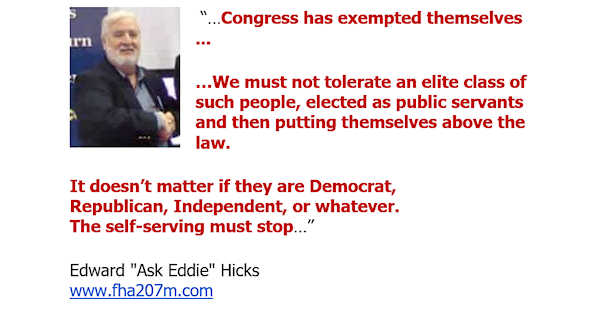
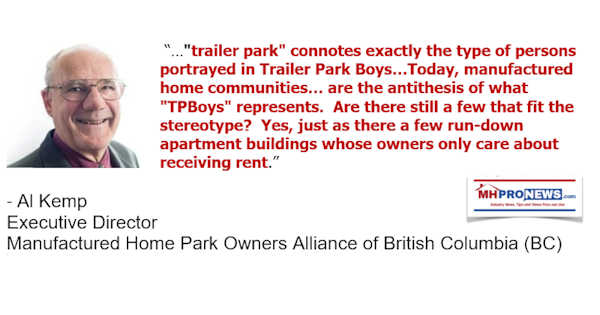
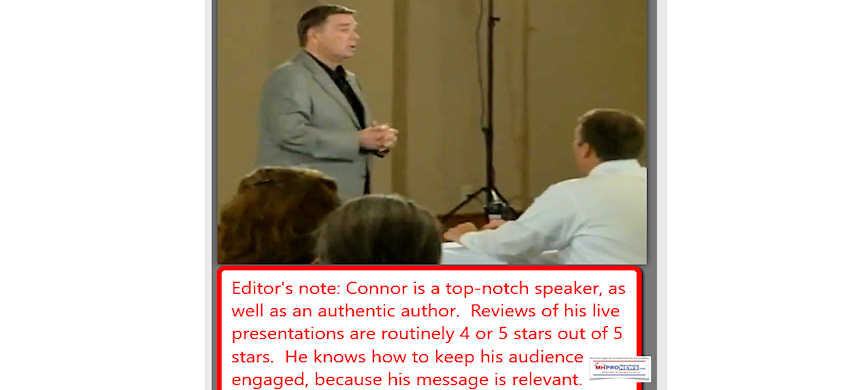
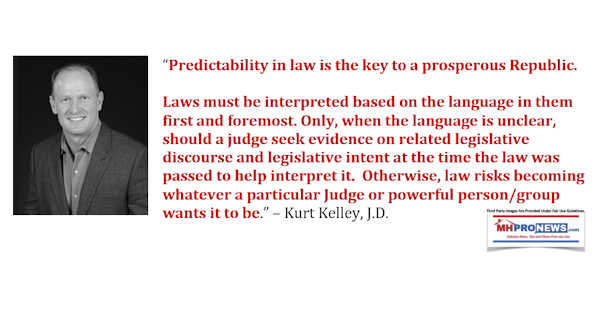
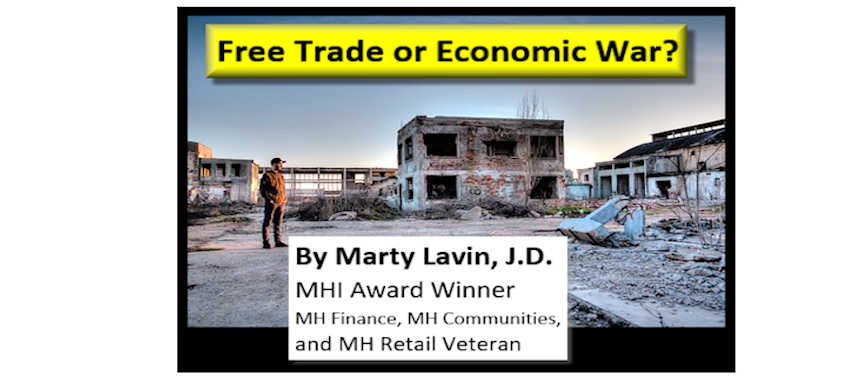
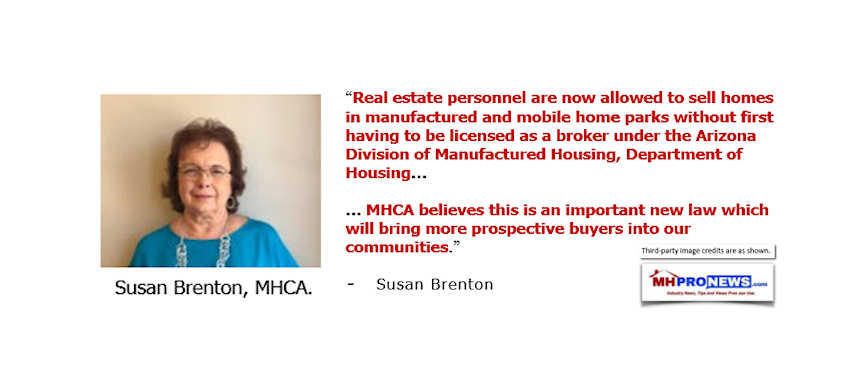
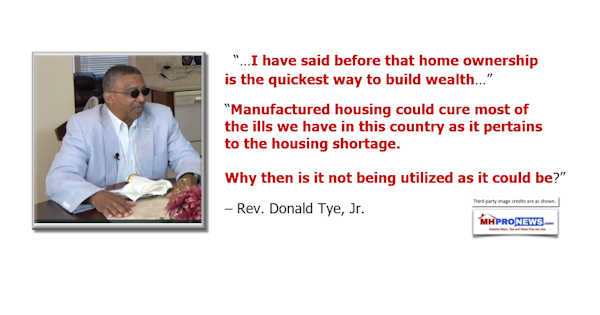
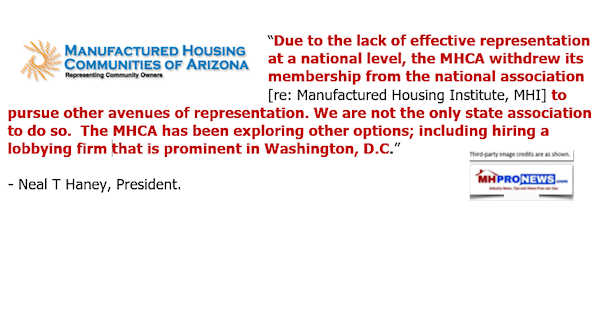

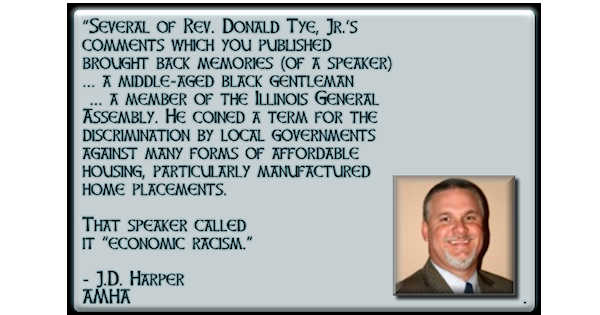
Karl Radde – TMHA, MHI, Southern Comfort Homes – Addressing Bryan City Leaders, Letter on Proposed Manufactured Home Ban
To All Concerned [Bryan City Officials, Others]: As the retail location referenced by Mr. Inderman, I would like to take a moment to address the …